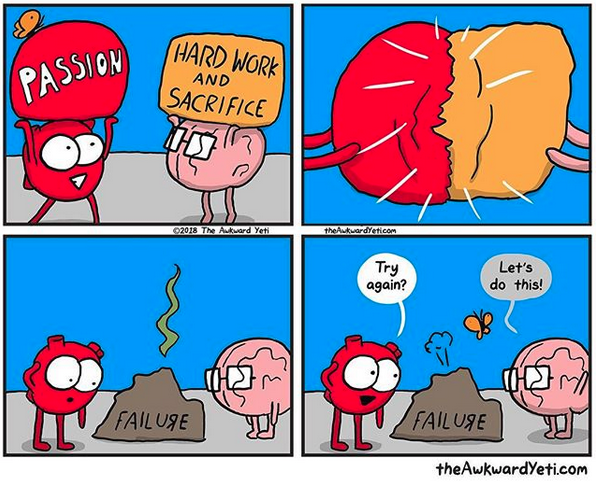Dear reader, if you ever get the choice, I do not recommend starting your first permanent academic job in the year of a pandemic.
The first year of a job is always hard: you have to create teaching materials for the first time, you have to try to get yourself set up for research and, if like me you’re taking over leadership of a degree programme, you have to figure out a lot of “how stuff works at this institution” and build relationships with a lot of people in a hurry.
That’s the baseline. But thanks to COVID, workload for anybody with teaching responsibilities has increased dramatically beyond that level. We’ve been working really hard to deliver a good learning experience through a “blended” approach, but this takes longer to prepare, and also (despite seemingly having less – but not always much less – face-to-face contact) takes longer to actually run and deliver.
To be clear, this isn’t a criticism of my own institution; it’s something that’s affecting most of the sector. Nor am I unaware of how lucky I am to be in a job right now. But nearly everybody I speak to who has teaching responsibilities in UK HE is teetering on the edge of burnout. This has obvious implications for mental health – it isn’t sustainable, and it will require recovery time – but also slightly less obvious implications for the research side of our careers. Of course having very little time available for research is an impediment, but so too is being constantly exhausted: one just isn’t creative in that state.
Once the dust settles I’m predicting four long-term consequences:
- A partially lost generation of early career researchers, who were on precarious and/or fixed-term contracts when the pandemic hit.
- A mental health crisis of gigantic proportions across the academy. Some would say that we already had one of those, but this will be worse.
- A noticeable difference in research output, and probably also career progression, between people with and without teaching responsibilities.
- A similar, or greater, difference in research output and career progression between those with caring or other responsibilities outside work and those without. Greater than usual, I mean.

